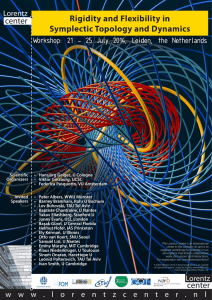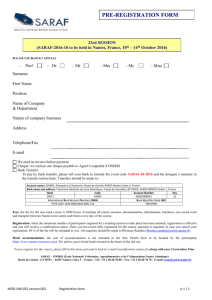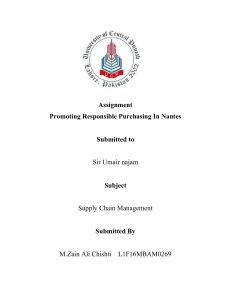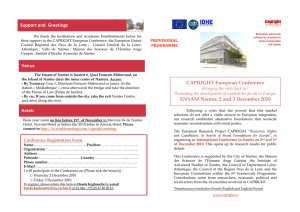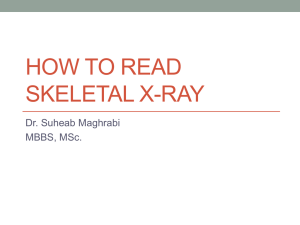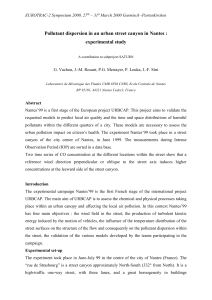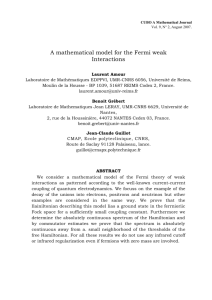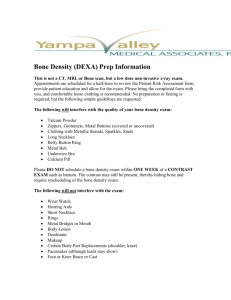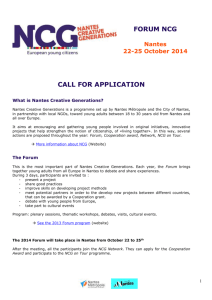Selective inhibition of BET bromodomains epigenetic signaling
advertisement
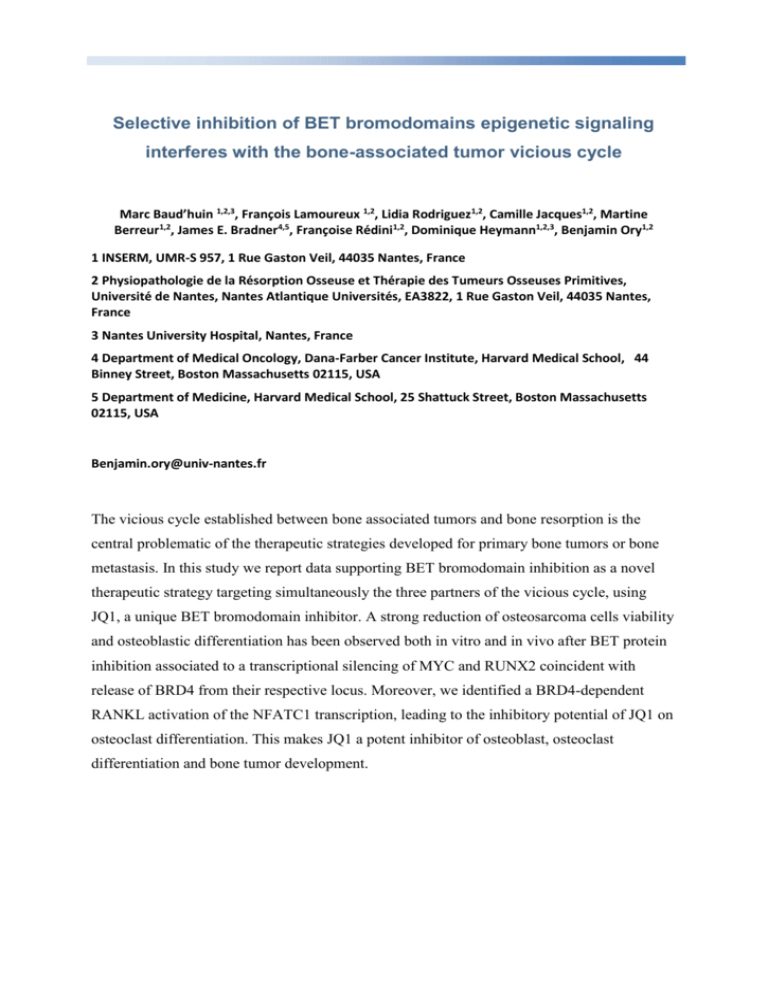
Selective inhibition of BET bromodomains epigenetic signaling interferes with the bone-associated tumor vicious cycle Marc Baud’huin 1,2,3, François Lamoureux 1,2, Lidia Rodriguez1,2, Camille Jacques1,2, Martine Berreur1,2, James E. Bradner4,5, Françoise Rédini1,2, Dominique Heymann1,2,3, Benjamin Ory1,2 1 INSERM, UMR-S 957, 1 Rue Gaston Veil, 44035 Nantes, France 2 Physiopathologie de la Résorption Osseuse et Thérapie des Tumeurs Osseuses Primitives, Université de Nantes, Nantes Atlantique Universités, EA3822, 1 Rue Gaston Veil, 44035 Nantes, France 3 Nantes University Hospital, Nantes, France 4 Department of Medical Oncology, Dana-Farber Cancer Institute, Harvard Medical School, 44 Binney Street, Boston Massachusetts 02115, USA 5 Department of Medicine, Harvard Medical School, 25 Shattuck Street, Boston Massachusetts 02115, USA Benjamin.ory@univ-nantes.fr The vicious cycle established between bone associated tumors and bone resorption is the central problematic of the therapeutic strategies developed for primary bone tumors or bone metastasis. In this study we report data supporting BET bromodomain inhibition as a novel therapeutic strategy targeting simultaneously the three partners of the vicious cycle, using JQ1, a unique BET bromodomain inhibitor. A strong reduction of osteosarcoma cells viability and osteoblastic differentiation has been observed both in vitro and in vivo after BET protein inhibition associated to a transcriptional silencing of MYC and RUNX2 coincident with release of BRD4 from their respective locus. Moreover, we identified a BRD4-dependent RANKL activation of the NFATC1 transcription, leading to the inhibitory potential of JQ1 on osteoclast differentiation. This makes JQ1 a potent inhibitor of osteoblast, osteoclast differentiation and bone tumor development.
